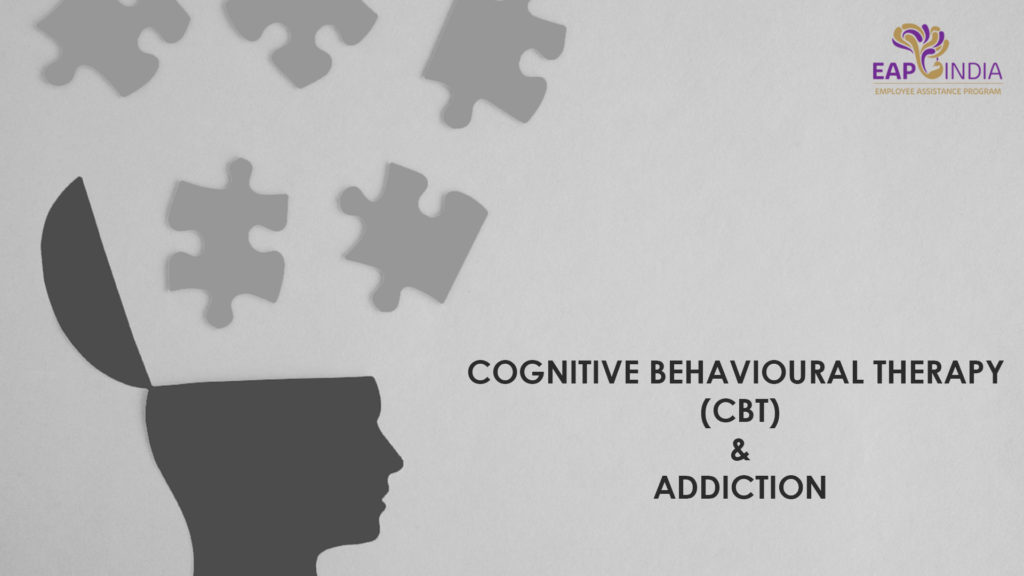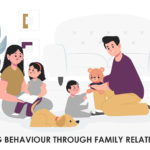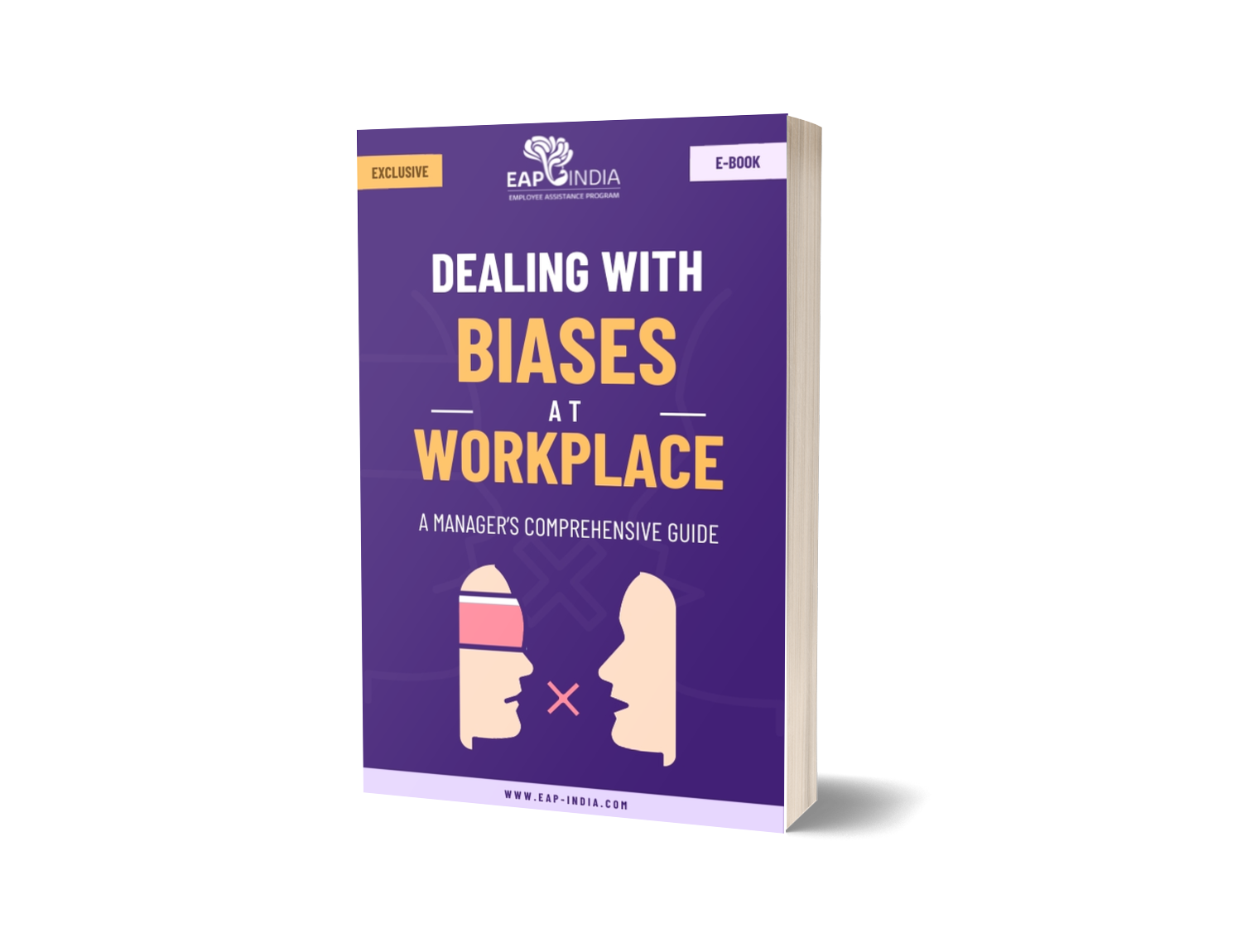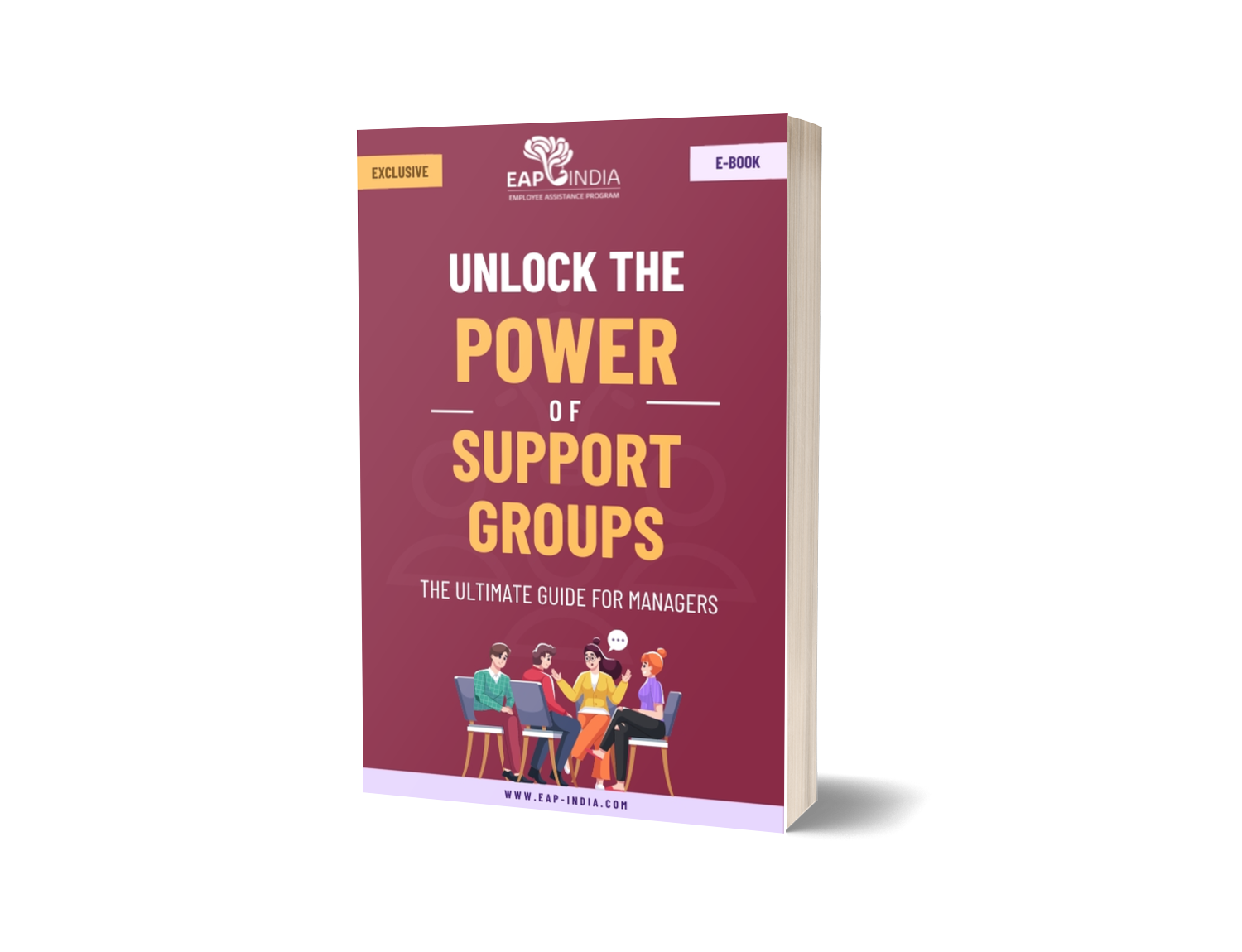Cognitive Behavioural Therapy also known as CBT is a type of psychotherapy that is different from traditional psychodynamic psychotherapy because the patient and therapist actively work together to help the client recover from mental illness issues.
Cognitive Behavioural Therapy (CBT) is a counselling therapy technique founded by Aaron Beck in the 1960s.
CBT helps people address problematic thoughts & feelings to overcome addiction.
For addiction treatment, CBT is effective because it is extremely focused and compared to other therapeutic modes. A course of CBT sessions is comparatively short term.
Cognitive behavioural therapy brings to light the fact that many actions and emotions are not rational, logical and justifiable. It provides insight into overcoming addiction when an addict understands why they feel or act in a certain way and how certain feelings and actions lead to substance abuse. It teaches recovering addicts to find links between their thoughts, feelings and actions. These are the three main links within CBT.
CBT teaches recovering addicts to find connections between their thoughts, feelings, actions and helps them increase awareness of how these things impact their recovering process.
Besides addiction, CBT is used to treat other disorders like:
- Anxiety
- Obsessive-Compulsive Disorder (OCD)
- Eating disorders
- Post-Traumatic Stress Disorder (PTSD)
- A few others based on certain criteria
How Does CBT Help In Treating Addiction?
Cognitive Behavioural Therapy help addicts to identify their automatic thoughts (negative thoughts/core beliefs). An automatic thought is based on the person’s impulse and is often generated from misconceptions and feelings of internal self-doubt and fear.
Aaron Beck speaks of addiction treatment with CBT as:
“By continually revisiting painful memories, recovering addicts can reduce the pain that has been caused to them. Through CBT, they can learn new, positive, helpful behaviours to replace their addictions.”
How Does Cognitive Behavioural Therapy Help Addicts?
- It teaches them to communicate effectively.
- CBT helps addicts formulate several coping strategies to handle potential stressors.
- CBT helps in dismissal of false beliefs.
- CBT also helps in dismissing insecurities.
- CBT can help several addicts connect together or help them deal with their problem individually.
CBT has certain self-help tools that help in balancing a person’s mood.
Conclusion
There are several techniques under CBT that help a person identify their core negative beliefs, negative thought patterns and their destructive behaviour. Cognitive Behavioural Therapy (CBT) aims at changing negative thought patterns to positive thoughts and give out several constructive, positive, helpful behaviours or actions.
Since, CBT is an action-focused short-term therapy, it also provides rapid treatment. It helps addicts deal with most of their triggers.
Overcoming addictions usually require resources and support system. Cognitive behavioural therapy is adaptable, making it an effective method for treating patients/addicts in both individual and group counselling environments.







